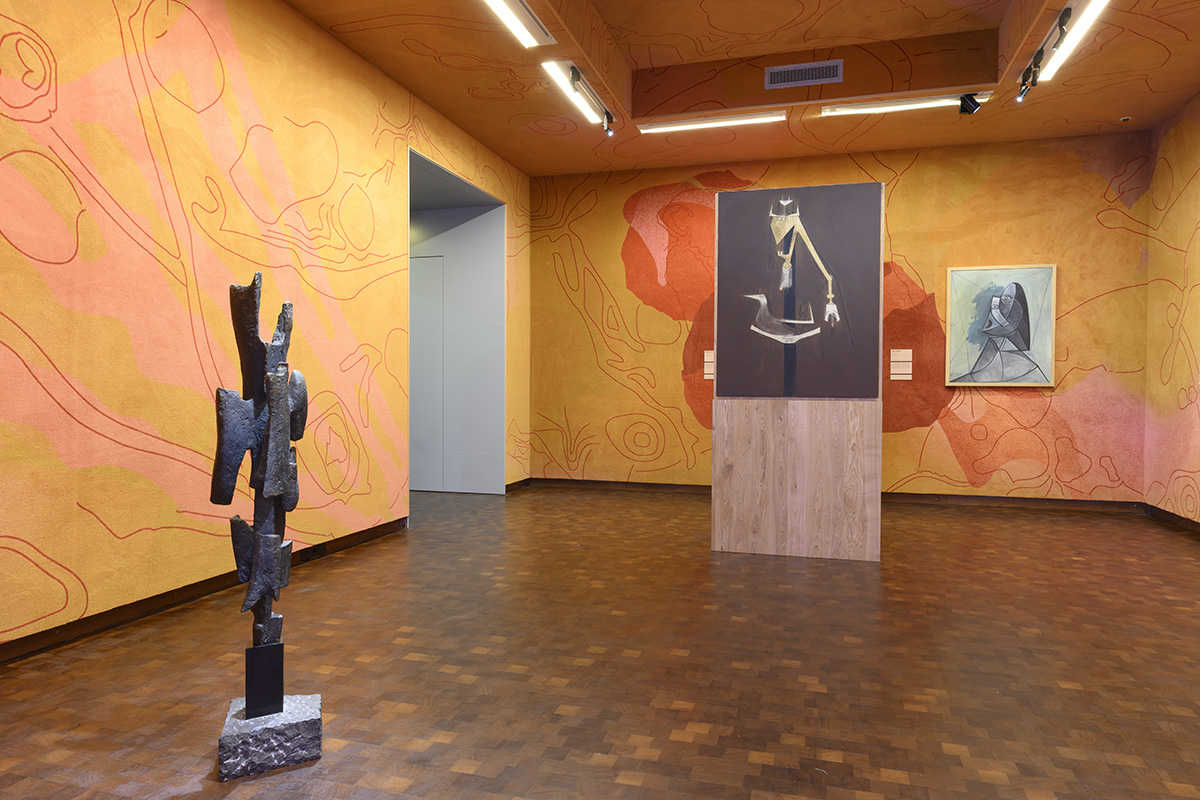Steve Flinders: What do Michelangelo, David Beckham and Elvis have in common?
TEXT & PHOTO: STEVE FLINDERS

When Sabine left school in Switzerland at the age of 18, she started a four-year commercial apprenticeship. Her company then supported her through university studies until she got a Masters. She now manages the HR function for the Swiss subsidiary of a US multinational.
Many other senior Swiss and German managers have also started as apprentices: two-thirds of young Swiss people follow a vocational training course after finishing school. As a Brit, two things strike me about Sabine’s story. First, that there is a vibrant tradition of white-collar as well as blue-collar apprenticeships in Switzerland.
Second, that there is no stigma attached to embarking on a vocational rather than an academic pathway after school. While in the UK, the relationship between vocational training and academic education has for long been massively unequal in terms of both status and funding, Switzerland, Germany and Austria enjoy greater parity between the two and greater integration of the two tracks, making it possible for individuals to combine elements from both and to switch between the two as their careers develop.
In an era of skills shortages across Europe, there is something fundamentally flawed about education and training systems which are failing to produce individuals who possess the skills – soft as well as hard – that they need to do useful work and to find satisfaction in that work.
At a European Works Council seminar I attended recently, only the French and German reps – out of the ten nationalities present – said they were broadly happy with their company’s apprenticeship system. The UK, in particular, has failed to address this challenge for decades. It’s still debatable whether Tony Blair was right in setting the target in 1999 of getting 50% of British school leavers into university. Perhaps the draw of the university over the technical college is a reflection of a more deep-seated inequality in British society.
One thing is clear: We need to close the gap between academic education and vocational training and integrate each of them into national and supranational programmes of lifelong learning, with cradle-to-grave opportunities for professional and personal development for all.
Apprenticeships have been an important part of European society since the Middle Ages, as reflected in the opening question. All three of these, of course, served apprenticeships: Michelangelo in an artist’s studio, Beckham at Manchester United, and Elvis became an apprentice electrician when he left school.
Steve Flinders is a freelance trainer, writer and coach, based in Malta, who helps people develop their communication and leadership skills for working internationally: steveflind@aol.com. Disclaimer: The views and opinions expressed in this column are those of the author and do not necessarily reflect the official policy or position of Discover Benelux.
Subscribe to Our Newsletter
Receive our monthly newsletter by email



